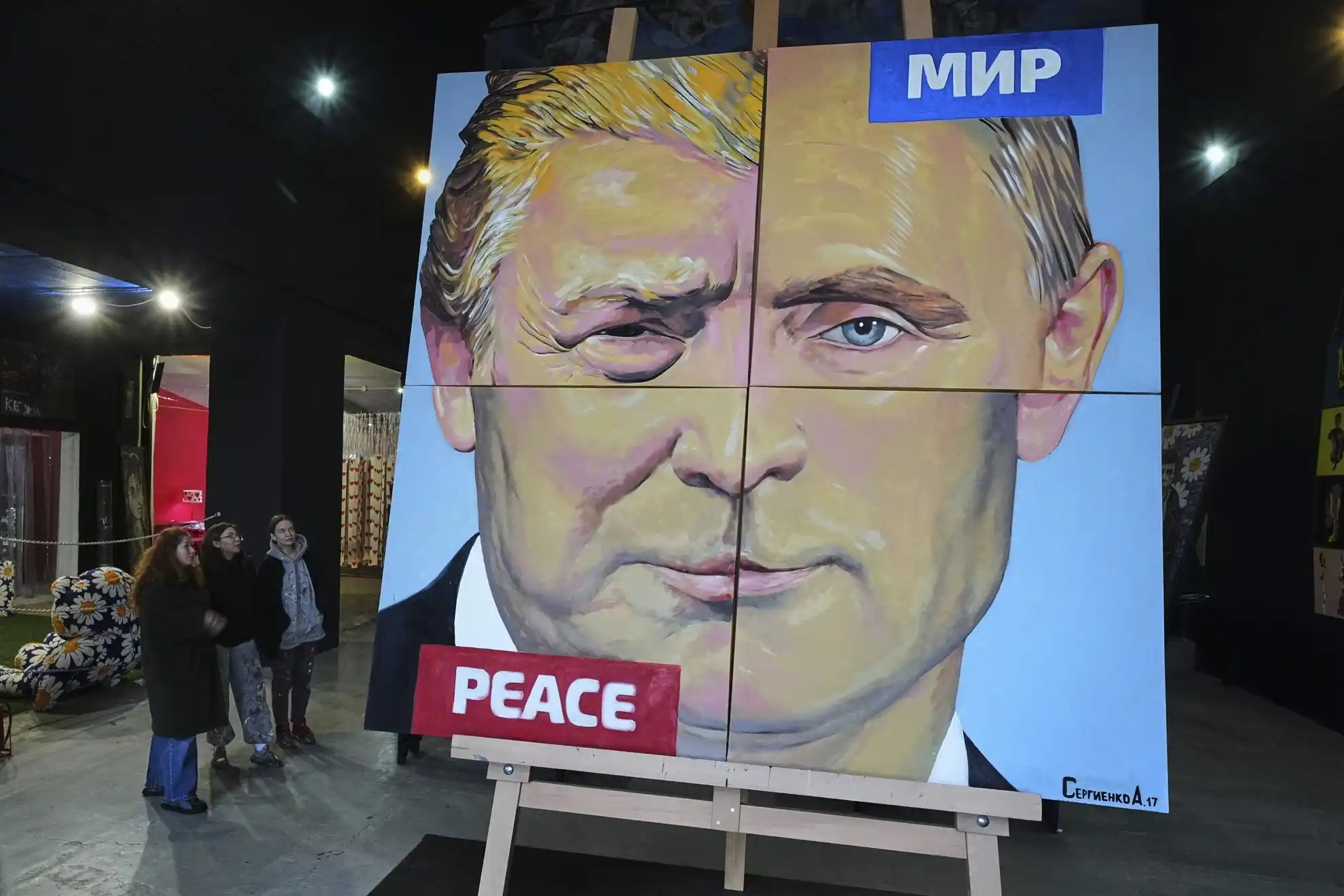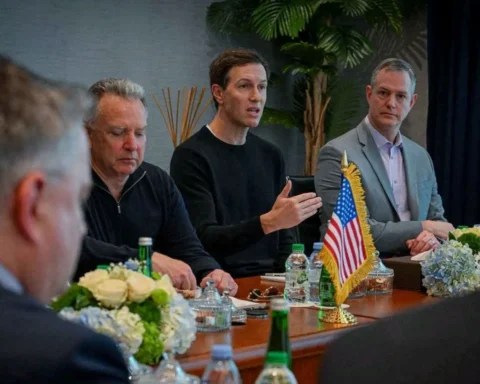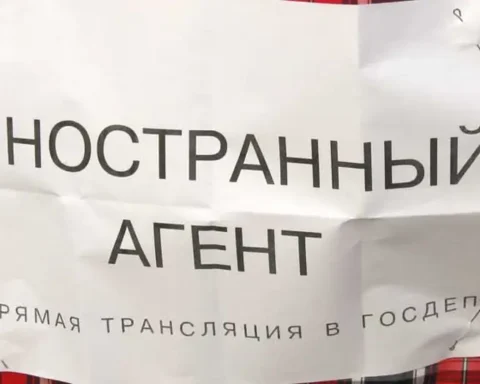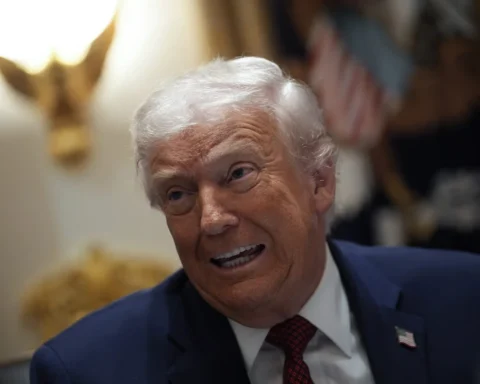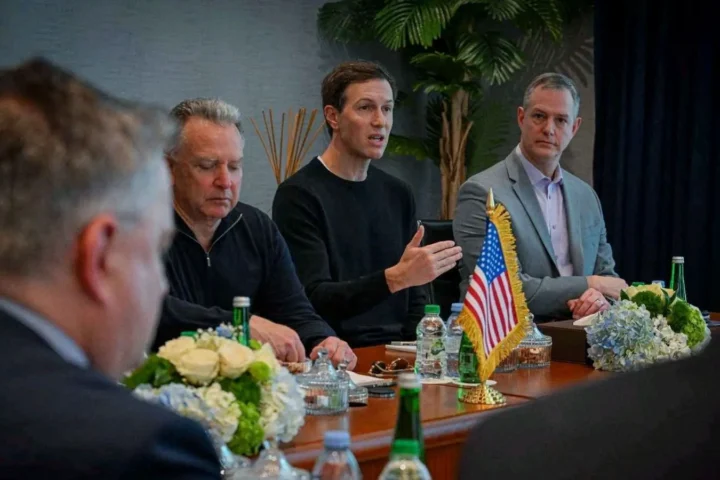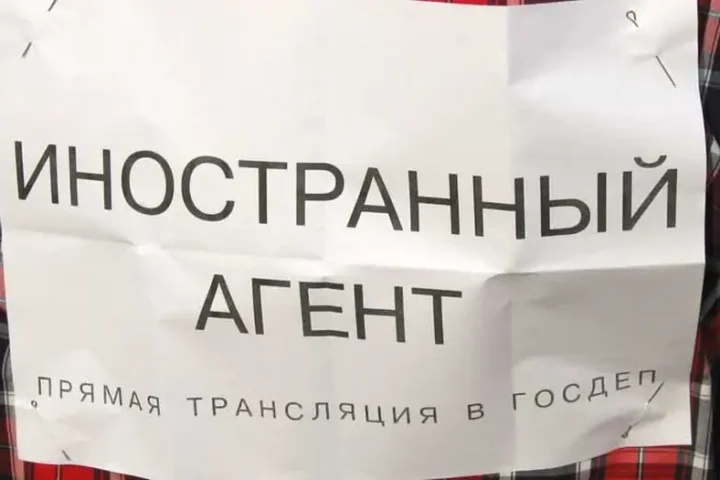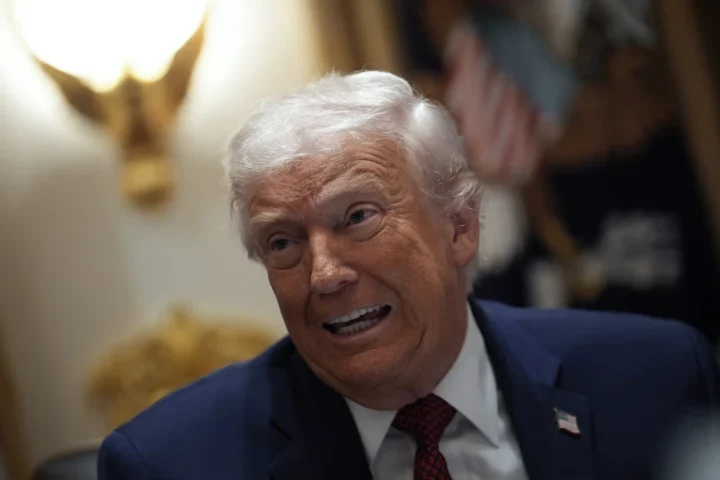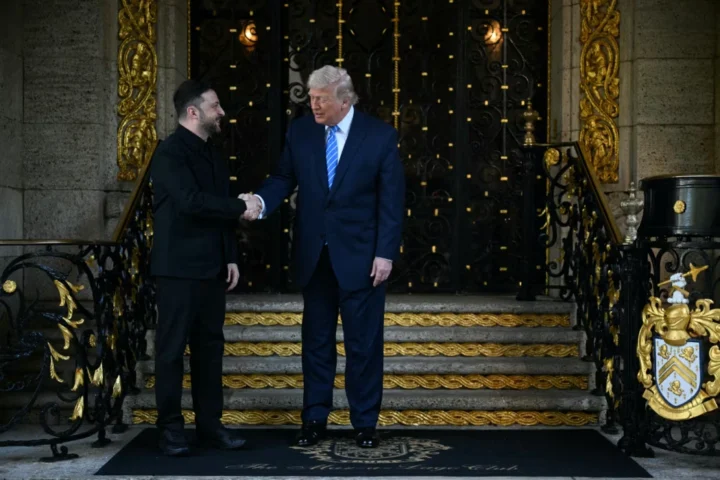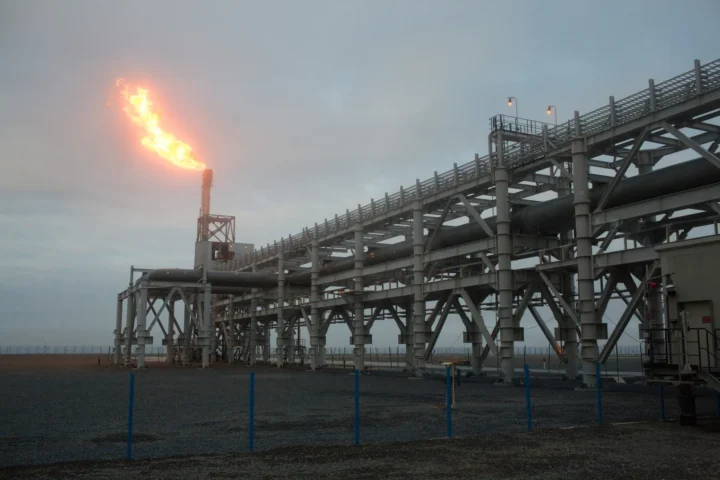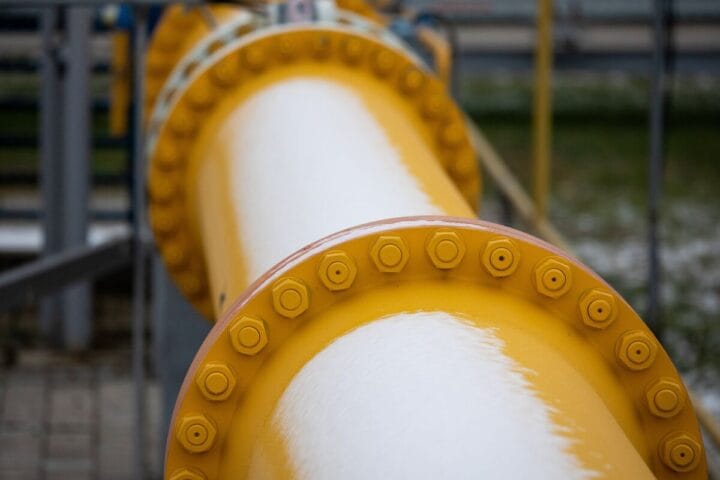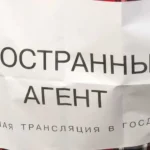The Kremlin has officially confirmed that Russian President Vladimir Putin is scheduled to hold discussions with former U.S. President Donald Trump on Tuesday, as Washington pushes for a ceasefire in the ongoing conflict in Ukraine.
According to Dmitry Peskov, Putin’s spokesman, preparations for the conversation are underway. “Such a conversation is being prepared for Tuesday,” Peskov told reporters on Monday, as reported by Interfax. However, he refrained from revealing further details about the planned discussions.
A High-Stakes Call with Potential Implications
Trump initially disclosed the upcoming call while speaking to reporters aboard Air Force One on Sunday. Expressing optimism about reaching a potential agreement, he stated, “We are doing pretty well, I think, with Russia. We’ll see if we have something to announce maybe by Tuesday.”
The United States has been advocating for a 30-day ceasefire, which Ukraine has indicated its readiness to accept. However, while Putin has expressed a willingness to consider a temporary truce, he has also insisted on several preconditions before committing to any formal cessation of hostilities.
Concerns Among European Leaders
The recent surge in diplomatic exchanges between Washington and Moscow has raised concerns among European leaders, who fear Trump may make concessions that could weaken Ukraine’s position. Putin, meanwhile, has continued to resist international pressure for a ceasefire, as Russian forces make slow but steady battlefield advances. Notably, Russian troops have regained most of the areas in the Kursk region that Ukraine had seized in a surprise offensive last year.
Last week, U.S. envoy Steven Witkoff met with Putin, although details of their conversation remain undisclosed. Trump, however, emphasized that Tuesday’s discussions would heavily focus on territorial matters. “A lot of land is a lot different than it was before the war, as you know,” he remarked. “We’ll be talking about land, we’ll be talking about power plants—that’s, you know, that’s a big question. We’re already talking about that, dividing up certain assets.”
The EU Stresses Non-Negotiable Principles
European officials have strongly urged that any negotiations ensure the protection of Ukraine’s sovereignty. Finnish Foreign Minister Elina Valtonen highlighted that any concessions favoring Russia would compromise international law and the UN Charter, setting a dangerous precedent. “To be loud and clear, I think the genuine effort by President Trump to really achieve peace here should not be misused by Putin to further weaken Ukraine,” she stated.
The Kremlin has consistently emphasized its demand for a long-term resolution, yet its conditions remain largely unacceptable to Kyiv. Moscow has previously insisted that Ukraine become a neutral state, significantly downsize its military, cede occupied territories to Russia, and abandon its ambitions to join NATO.
The European Union’s chief foreign policy official, Kaja Kallas, dismissed these demands as an indication that “they don’t really want peace.” Speaking before an EU foreign ministers’ meeting in Brussels, she argued, “They are presenting as conditions all their ultimate goals that they want to achieve from the war. We really need to see that the ball is in Russia’s court.”
Ukraine Pushes for Stronger Security Guarantees
Amid ongoing diplomatic efforts, Ukraine has underscored the necessity of robust security guarantees to prevent future Russian aggression. In response, European officials have explored the possibility of deploying a peacekeeping force of over 10,000 troops, according to The Sunday Times. The majority of these forces would reportedly come from the United Kingdom and France, with approximately 35 countries agreeing to supply weapons, intelligence, and logistical support.
European leaders have also advocated for U.S. involvement in securing the peacekeeping mission through air power, intelligence sharing, and border surveillance. However, whether Trump is willing to commit to such security guarantees remains uncertain.
As the world watches closely, Tuesday’s conversation between Putin and Trump may prove to be a pivotal moment in the ongoing war, determining whether diplomatic efforts can lead to meaningful progress or merely reinforce existing divisions.
This article was prepared based on materials published by Bloomberg. The author does not claim authorship of the original text but presents their interpretation of the content for informational purposes.
The original article can be found at the following link: Bloomberg
All rights to the original text belong to Bloomberg.


